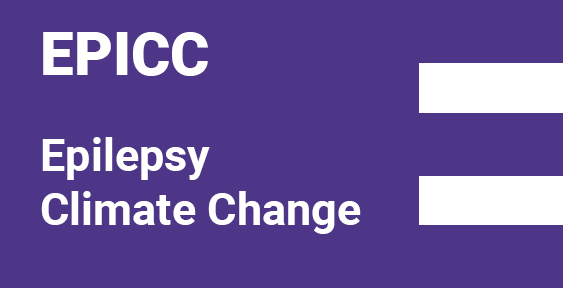Further research into climate change and epilepsy

The need for research
"Until now there has been little connection made between climate change and epilepsy, with the dangers of climate change for people with epilepsy receiving little attention in neurology. We can expect that unpredictable environments, rapid changes in circumstances, and disruptions to supply chains will have major impacts on medical practice: therefore, research into climate change on epilepsy should be high on the agenda."
Professor Sanjay Sisodiya, Director of Genomic Research and founding member of Epilepsy Climate Change (EPICC)
Carbon emission savings and short-term health care impacts from telemedicine: An evaluation in epilepsy
It’s time to take action
Become a member with us at EPICC and take action against climate change today.
Footnotes:
EpiCC, Epilepsy Climate Change
References:
1. Sisodiya SM et al. Epilepsia Open 2019; 4:524–536.
2. World Health Organization. COP24 special report: health and climate change. Geneva: World Health Organization 2018.
Available at: http://www.who.int/iris/handle/10665/276405 (Accessed July 2021).
3. Sisodiya SM et al. Epilepsia Open 2019; 4:524–536.
4. Seizures and Hot summers 10-08-20
5. Frucht MM et al. Epilepsia 2000; 41:1534-1539.
6. Rifkin DI et al. Sleep Med Rev. 2018; 42:3-9.
7. Gulcebi MI et al. Epilepsy & Behaviour 2021; 116, doi: 10.1016/j.yebeh.2021.107791.


